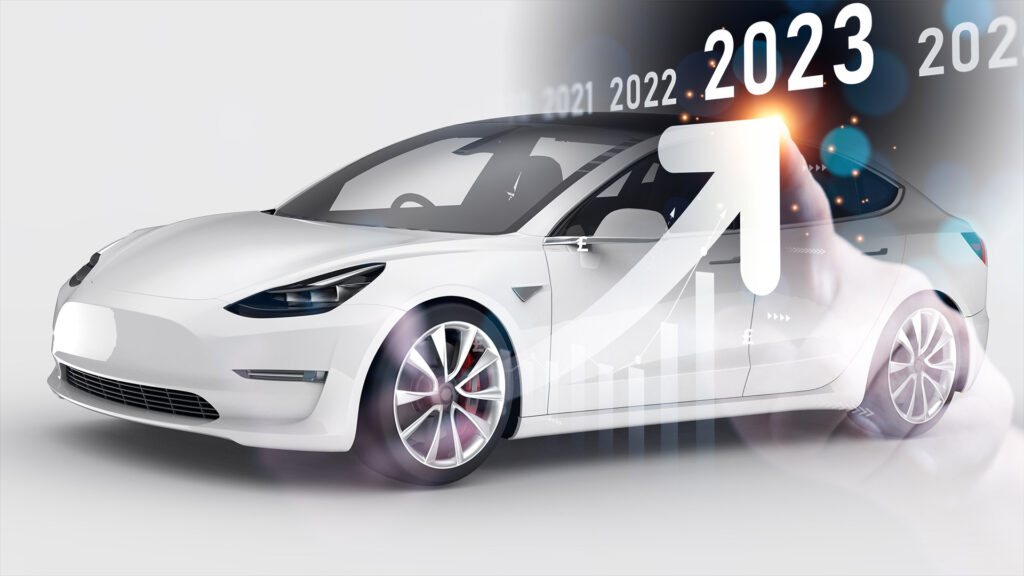Last updated on April 16th, 2023 at 06:08 pm
Before lockdown, the annual sales curve for new vehicles in the UK was totally predictable. UK number plates are updated twice a year – accurately dating any car to a specific six month period. Newer cars are always worth more second hand, so drivers will often wait until the new plates launch before buying, creating a spike. The sales numbers for the first quarter of 2023 are now in and the result is a solid increase of more than 18% Vs the same period in 2022. Very positive news for a market that has suffered a lot in recent times.
Fully electric cars with large batteries (BEV) now constitute the second largest ‘sales by fuel’ group, with over 64,000 being registered in the first quarter of the year – an increase of nearly 7,000 on March 2022. BEV accounted for more than 16% of all cars sold last month.
The latest data from the Society of Motor Manufacturers and Traders (SMMT) is a welcome shot in the arm, but there’s still a way to go for the market to get back to the pre-lockdown levels of 2019. The ‘golden era' for new cars sales was clearly 2017 – with a spike nearly twice as high as the one we've just experienced.
Most markets are heavily driven by price, but here at WhichEV HQ, we have been noticing that EV manufacturers seem to have been impervious when it comes ‘downward price pressure' during the financial crisis.
The only company that has been experimenting heavily with price moves in 2023 is Tesla. The net effect of all Musk’s price tweaking, has been to promote the Tesla Model Y into the number 1 spot for sales volume in March 2023.
Worth noting that the Model Y will generally cost you between £44,000 and £59,000. Second place was taken by the Nissan Juke, with a much more accessible price of £20,000 to £25,000.
The rest of the Top 10 sales chart for March is taken up with cars like the Corsa, Focus, Yaris and Puma. Not a Mercedes, BMW, Audi, Seat or VW in sight. Will be interesting to revisit this data at the end of April to see if the pattern holds.
While a cause of joy for those heavily invested in EV manufacturing, the recent sales pattern for companies with strong diesel sales has been quite terrifying
The chart below shows the SMMT data for battery electric vehicles (green/yellow) plotted against diesel sales (grey) for each Q1 over the past five years.
As you can see, the uplift in battery electric vehicle purchases is at an encouraging 45 degrees, while diesel sales have fallen so far that the ‘trend line' is angling toward zero in the next couple of years.
It's fair to say that diesel is done – and the same ‘drop off' curve is likely to start to be replicated with petrol car sales, sometime around 2025.
